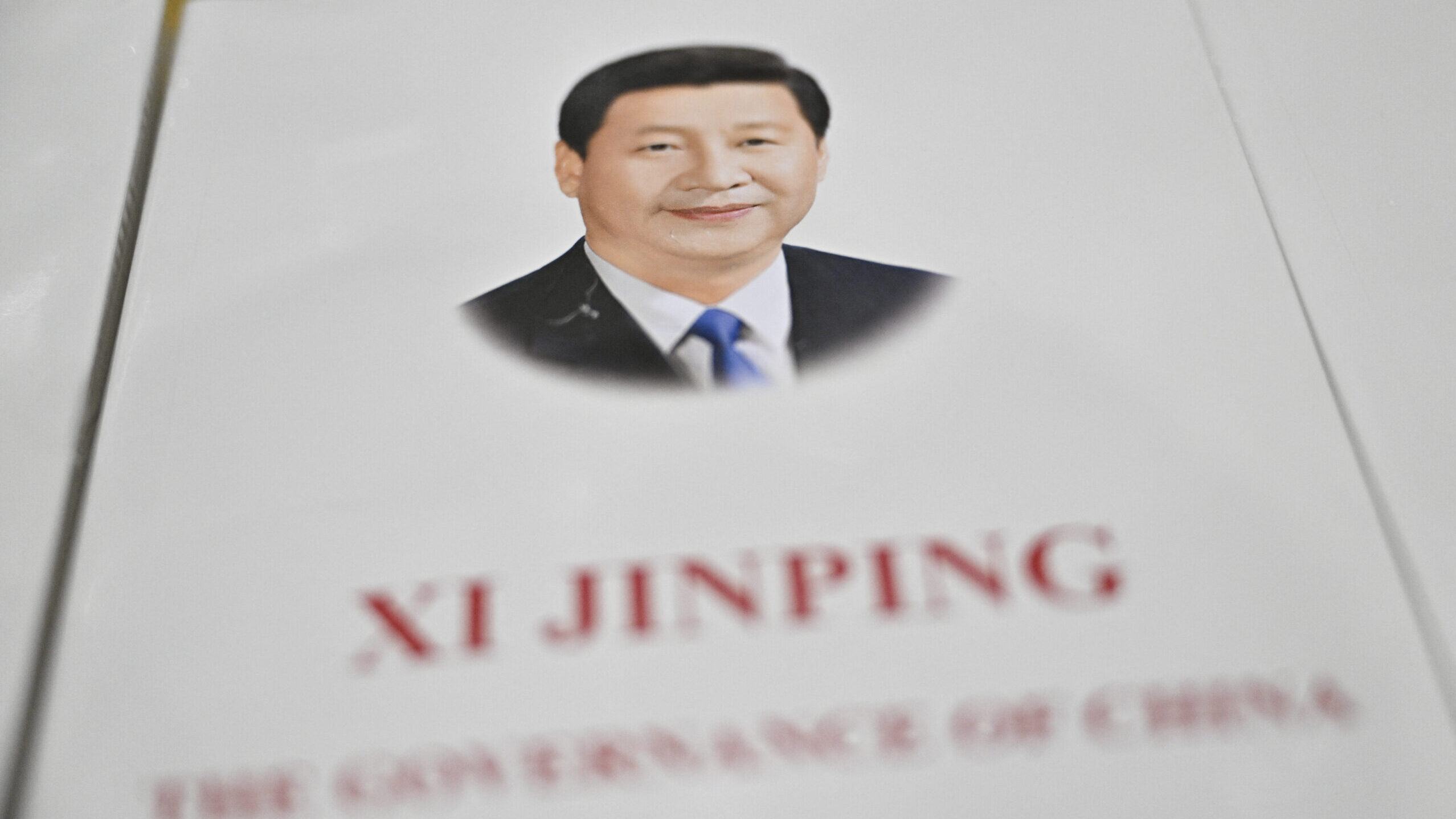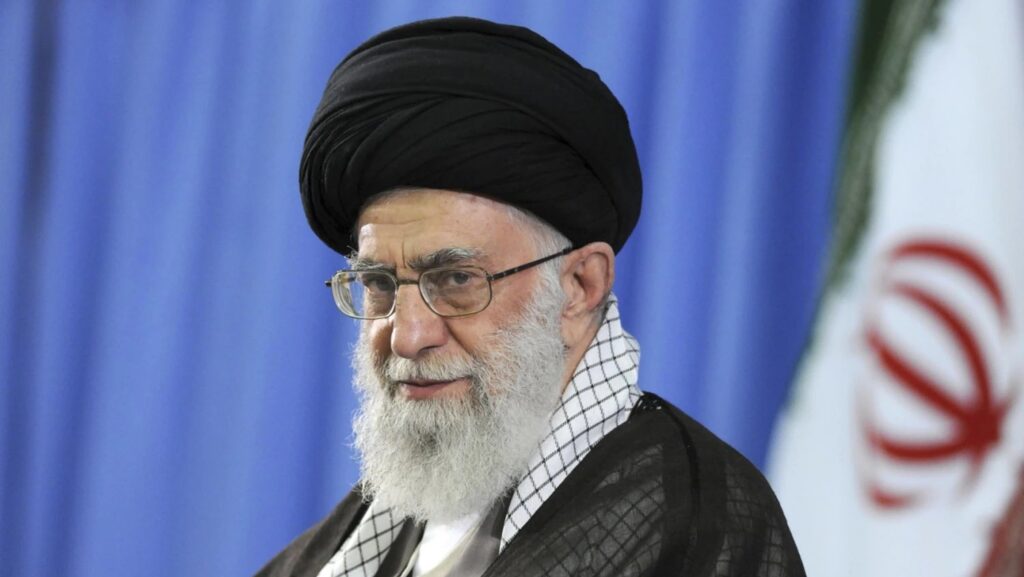The following is the English translation of a press release kindly provided to us by the Eurasia Center.
The Hungarian translation of the second volume of Chinese President Xi Jinping’s The Governance of China, published by the Eurasia Center, was presented at a ceremony on Friday, 17 October in Budapest. The publication marks another milestone in the history of Hungarian–Chinese relations.
The Governance of China (习近平谈治国理政) is a multi-volume collection of President Xi Jinping’s speeches, interviews, articles, and other writings that provide a comprehensive overview of modern China’s political philosophy, principles of governance, and vision for development. The book offers insights into the ideas shaping China’s economic, social, and diplomatic strategies in the 21st century and serves as a valuable resource for anyone seeking to understand how China views its role in the global order. The collection, now in its fifth volume, has been published in 43 languages worldwide.
The Hungarian-language edition of the second volume, edited and released by the Eurasia Center, represents a new stage of cultural and scholarly cooperation between the two nations. The Eurasia Center remains dedicated to deepening academic and cultural dialogue between Hungary and China, thereby contributing to the success of the global connectivity strategy.
‘Openness is one of the defining characteristics of today’s China, as Beijing seeks mutually beneficial, win–win cooperation with countries around the world. If the world develops well, China will also do well; if China prospers, the world will likewise become better,’ said Vice President of the China International Communication Group Yu Yingfu in his speech. He emphasized that Hungarian–Chinese relations are currently at an all-time high.
‘If the world develops well, China will also do well; if China prospers, the world will likewise become better’
‘The book helps us understand the secrets of China’s success by revealing the mindset that has guided its development, social transformation, and international role over the past decade,’ said Vice President of the Hungarian National Assembly Sándor Fazekas. He added that the publication of the book in Hungarian symbolizes mutual openness, understanding, and dialogue. According to Fazekas, President Xi Jinping’s ideas offer valuable lessons for Hungary as well, particularly in seeking answers to questions such as how to achieve modernization while preserving traditions, respecting national sovereignty, and fulfilling international obligations. Fazekas emphasized that a nation can only succeed if it sets long-term goals and works persistently to achieve them. Quoting President Xi, he noted that ‘development is not a rejection of the past, but its continuation in another form,’ an idea that he said resonates deeply with Hungarians.
Ambassador of the People’s Republic of China to Hungary Gong Tao highlighted that China continuously promotes democratic popular participation in decision-making, aiming to ensure that everyone benefits from development and prosperity. He recalled his country’s unprecedented poverty eradication program, which lifted more than 800 million people out of poverty. The ambassador stressed that a nation must strengthen itself by relying on its own resources, underlining that there is no single governance model suitable for all countries. Among the key lessons of President Xi’s book, he mentioned the importance of innovation and maintaining a high level of openness to the world.
‘Among the key lessons of President Xi’s book, he mentioned the importance of innovation and maintaining a high level of openness to the world’
‘The Governance of China is key to understanding China, as it provides insights into the mindset shaping the country’s economic, social, and diplomatic strategies in the 21st century. It is an essential resource for anyone who wants to understand how China perceives its role in the global order and the values on which it seeks to build the future,’ Levente Horváth, Director of the Eurasia Center and former Hungarian Consul General in Shanghai, said. ‘Today, as the world gradually moves toward a new multipolar order, it is more important than ever that dialogue be guided not by stereotypes but by genuine understanding and mutual respect,’ he added.
Following the official launch, a seminar was held featuring speeches by Deputy Director General of the China Foreign Languages Publishing House Ma Rujun, President of the Hungarian Workers’ Party Gyula Thürmer, Director of the Chinese Cultural Center in Budapest Jin Hao, Acting Director General of the National Széchényi Library Judit Gerencsér, academician, Vice-Rector of Eötvös Loránd University (ELTE) and Director of the Confucius Institute in Budapest Imre Hamar, and Chinese Director of the Confucius Institute at the University of Pécs Wang Zhijiang.
Related articles:







